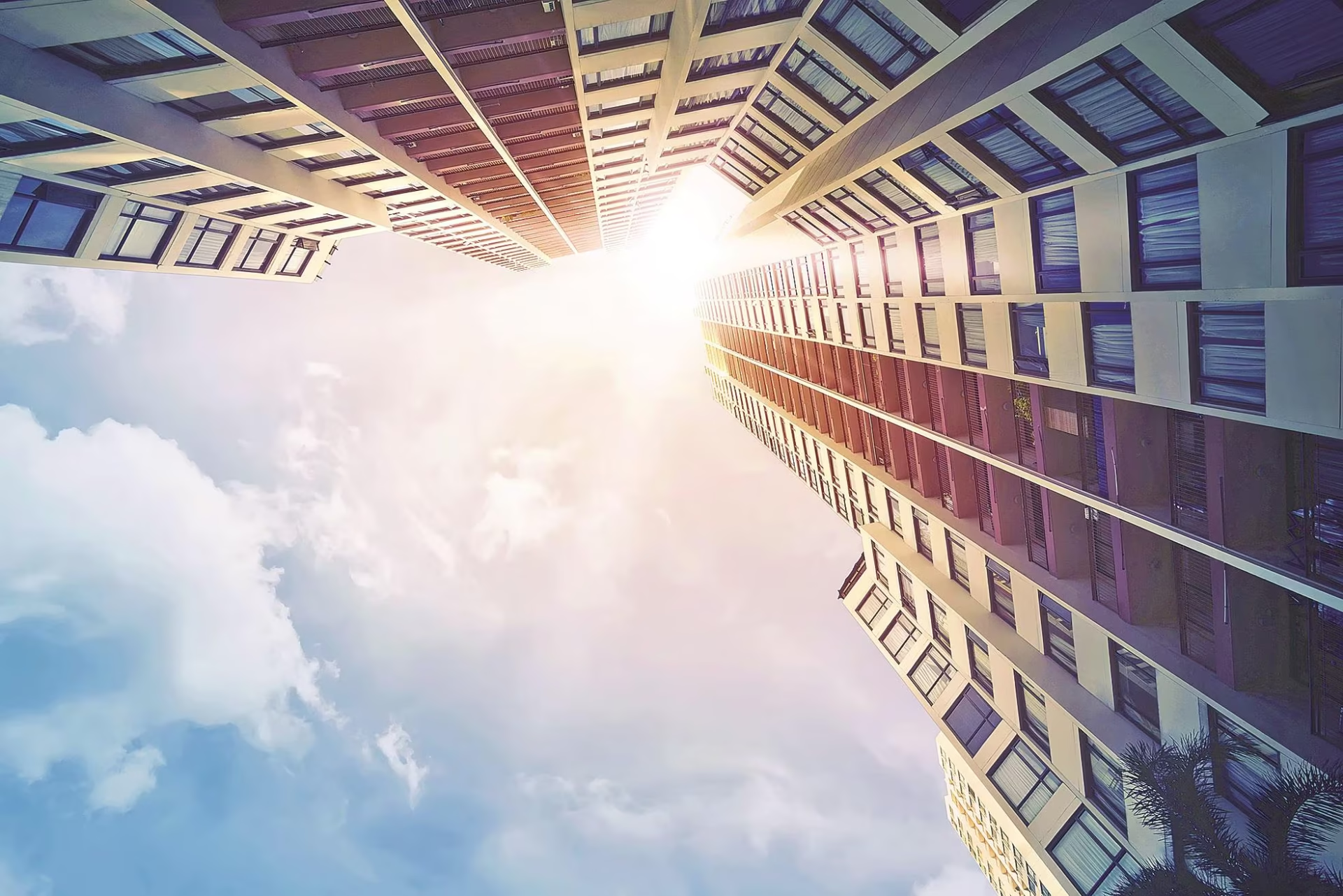Commercial Real Estate Signals a Revival Amid Demand Uptick
India’s commercial real estate sector appears to be on a strong recovery path, buoyed by increased demand for office spaces and commercial properties. After a prolonged slump triggered by the pandemic, changing work patterns and economic uncertainties, the sector is now witnessing renewed interest. The resurgence is attributed to expanding businesses, urbanisation, and the return of hybrid work models that require premium office setups. Major metropolitan cities, including Mumbai, Bengaluru, and Delhi-NCR, are leading this revival, with Grade A properties seeing notable absorption rates.
According to recent industry reports, leasing activity in commercial spaces has grown by approximately 20% year-on-year in 2024, with technology and financial services companies accounting for the bulk of the demand. The co-working segment, in particular, has seen a sharp rise, contributing over 15% to total leasing activity. Experts predict this upward trend will persist as businesses recalibrate their operations to adapt to post-pandemic realities.
Urbanisation and Economic Recovery Drive Growth
The sector’s recovery is closely linked to India’s broader economic revival and urbanisation. With the country’s GDP growth forecasted at 6.3% in FY25, corporates are expanding operations, boosting the demand for high-quality commercial spaces. Cities like Hyderabad, Pune, and Chennai are emerging as strong contenders in the commercial real estate market, complementing the established hubs. Additionally, robust infrastructure projects, including metro networks and expressways, are further enhancing the appeal of these urban centres.
Rising demand for mixed-use developments is another key trend. These projects integrate office spaces, retail, and residential units, creating vibrant ecosystems that cater to modern urban lifestyles. This approach aligns with global trends of minimising commuting times and fostering work-life balance, making them a sustainable option for both businesses and employees.
A Sustainable Approach to Commercial Real Estate
Sustainability has become a cornerstone of modern commercial real estate development. Developers are increasingly focusing on green buildings with energy-efficient designs, sustainable materials, and advanced waste management systems. These initiatives not only align with global ESG (Environmental, Social, and Governance) standards but also reduce operational costs for tenants, making them a preferred choice in the market.
For instance, commercial spaces in cities like Bengaluru and Pune now boast LEED (Leadership in Energy and Environmental Design) certifications, attracting environmentally conscious organisations. Furthermore, hybrid work trends are pushing businesses to adopt smaller, flexible workspaces, reducing their carbon footprints. As the sector evolves, sustainability is no longer just a choice but a competitive advantage.
Civic and Urban Challenges in the Recovery
Despite the promising growth trajectory, challenges remain in ensuring equitable development across urban centres. Cities grappling with infrastructure deficits, traffic congestion, and inadequate public transport could face difficulties in sustaining the demand surge. Policymakers must address these gaps to facilitate balanced urban growth.
From a civic perspective, the resurgence of commercial real estate also raises questions about inclusivity. High-end developments often overshadow affordable workspace solutions, leaving small and medium enterprises at a disadvantage. Bridging this gap will be crucial to ensure the sector’s growth benefits a broader spectrum of businesses.
As India’s urban landscape continues to evolve, the commercial real estate sector is poised for a strong comeback, reflecting the resilience and adaptability of businesses. Balancing growth with sustainability and inclusivity will define the future trajectory of this critical market.







